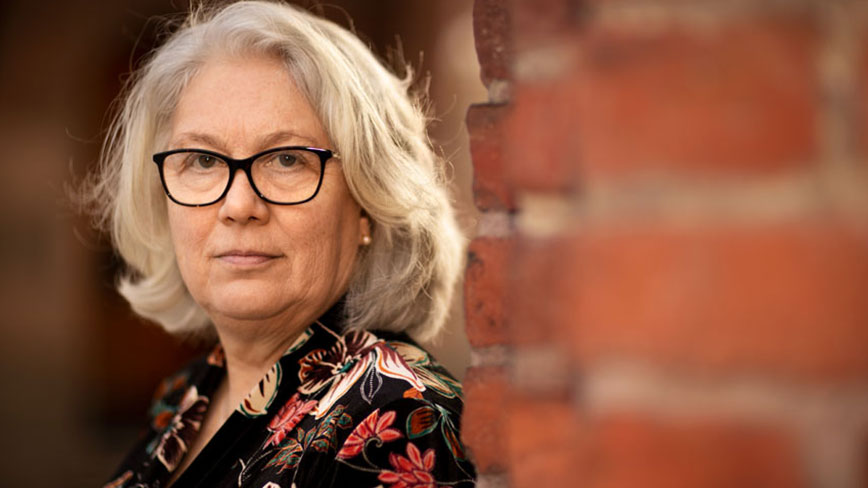Reflections on the earthquake in Turkey and Syria

The Acting Head of School expresses her deepest sympathies to those who may be affected by the earthquake.
Our deepest sympathies to those of you who, in one way or another, are affected by this tragedy.
A week after the earthquake, we are still coming to terms with the scale of the devastating tragedy that has hit Syria and Turkey. The number of lives lost and the ripple effects this will have on surviving families, communities, and the affected areas are hard to fathom.
We also know this earthquake affects many of our colleagues here at KTH, emotionally and personally. We may be a Swedish university, but we have colleagues from all around the world. For some, it may be hard to focus in moments like these.
It is a reminder that even in a large organisation like ours, there must always be room for care and compassion.
The role of science
But the tragedy is also a reminder of how science can help mitigate such crises in the future. This week we read about the KTH-lead ArtEmis project , which aims to develop an early-warning system to help predict earthquakes. Through our research, insights and engagements, we are dedicated to advancing knowledge to help deal with the most critical, short-term and long-term challenges our world is facing.
On behalf of KTH and the school management, I would like to express our deepest sympathies to those of you who, in one way or another, are affected by the earthquake.
Ann Lantz, Acting Head of School at The School of Electrical Engineering and Computer Science
